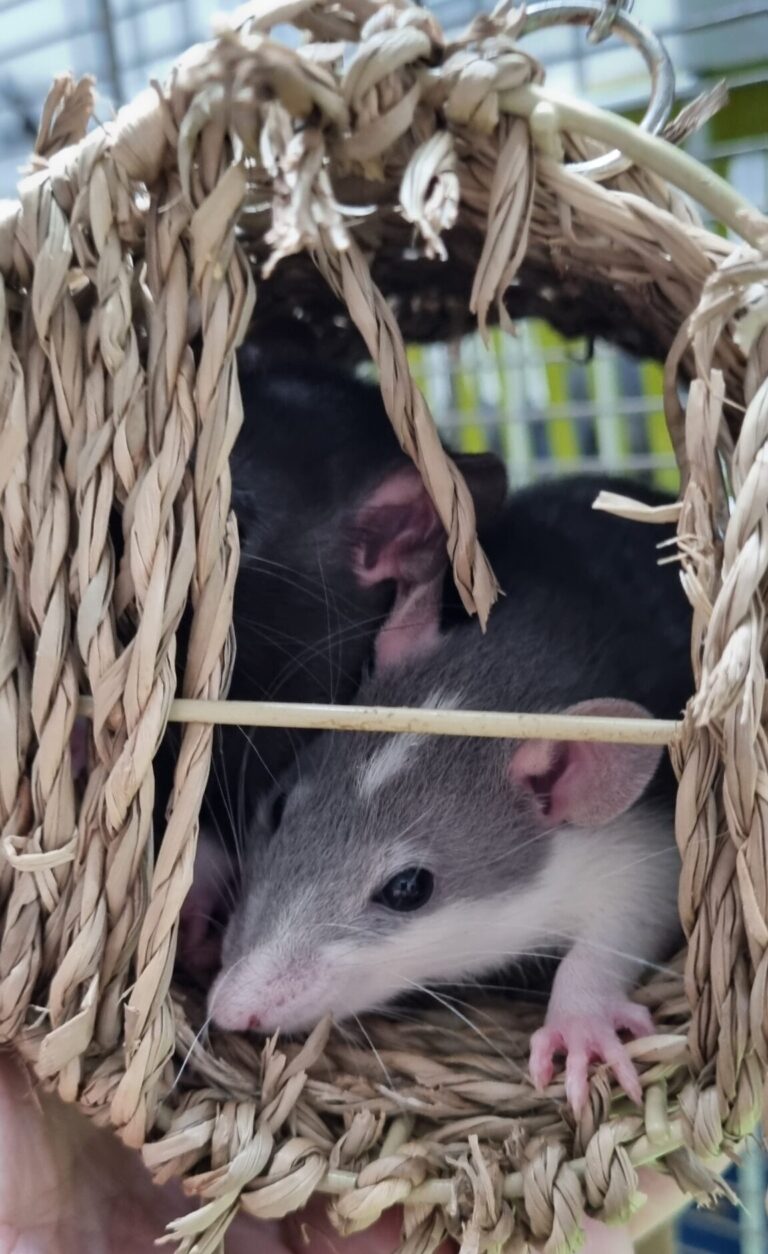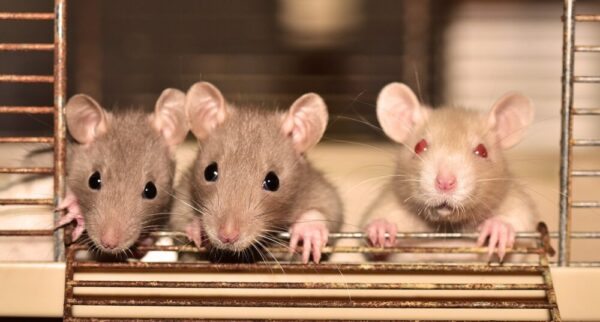As an Amazon Associate, Bakersfieldrats.com earn from qualifying purchases.
Exploring the Main Differences in Keeping Male and Female Rats as Pets
Rats have gained popularity as pets due to their intelligence, sociability, and affectionate nature. When considering adding a rat to your family, it’s important to understand the main differences between keeping male and female rats. While both genders can make excellent companions, they do have distinct characteristics and behaviours that may influence your decision. In this article, we will delve into the key differences in keeping male and female rats as pets.

Social Dynamics and Aggression Difference between Male and Female Rats
Male Rat
Male rats tend to be more laid-back and relaxed in their social interactions. They are generally less territorial and more accepting of new rat introductions. Male rats are often more prone to forming close bonds with their human owners and displaying affectionate behaviours.
Female Rat
Female rats are known for their strong social bonds and intricate hierarchy within their groups. They establish clear dominance structures and can occasionally engage in squabbles to maintain their position. Female rats may be slightly more energetic and curious than males, often displaying increased activity levels.
Scent Marking and Odor differences between Male and Female Rats:
Male Rat
Male rats have a stronger odour due to their tendency to mark their territory more frequently. They use scent marking as a way to communicate and establish dominance. Regular cleaning of their cage and maintaining good hygiene practices can help mitigate any potential odor concerns.
Female Rat
Female rats generally have a milder scent and tend to scent mark less frequently compared to males. However, it’s important to note that individual rats’ scent preferences and behaviours can vary, so some females may still engage in scent marking to a certain extent.

Health Considerations between Male and Female Rats:
Male Rats
Neutering male rats is an option to consider, especially if you plan to house them with females or want to minimise aggression. Neutering can reduce the risk of certain health issue non neutered males may also display scent marking behaviours more prominently.
Female Rats
Female rats have an increased susceptibility to mammary tumours as they age. Spaying female rats at an early age can significantly reduce the risk of developing such tumours and eliminate the possibility of uterine-related health issues. Spaying can also prevent unwanted litters if you have both male and female rats..
Playfulness and Activity Levels:
Male Rats
Male rats are often described as being more laid-back and easygoing. They tend to be content with cuddling, exploring their environment, and engaging in interactive play with their human companions. However, they may exhibit less overall energy and enthusiasm compared to females.

Female Rats
Female rats are generally more active and playful. They enjoy exploring their surroundings, engaging in energetic play, and participating in games that involve climbing and agility. Females often display a higher level of curiosity and require more mental and physical stimulation to satisfy their active nature
Conclusion:
When choosing between male and female rats as pets, it’s essential to consider their unique characteristics and behaviors. While male rats may be more relaxed and affectionate, female rats are often more active and socially dynamic. Understanding these differences will help you make an informed decision that aligns with your preferences and lifestyle. Remember, regardless of their gender, rats make wonderful companions and can bring joy and companionship to your life.
- All
- Choosing a Pet Rat
- Rat Care
- Rat Health & Wellness
- Training Rats
- Uncategorized
Boggling is a distinctive behaviour observed in rats, characterised by rhythmic, rapid oscillations of the eyeballs that are visible to the naked eye.

It is crucial for rat owners to understand the causes, symptoms, and available treatment options for tumours in order to provide appropriate care

Rat bite fever (RBF), a bacterial infection that can be transmitted to humans through bites, scratches, or contact with contaminated surfaces.
As an Amazon Associate, Bakersfieldrats.com earn from qualifying purchases.
